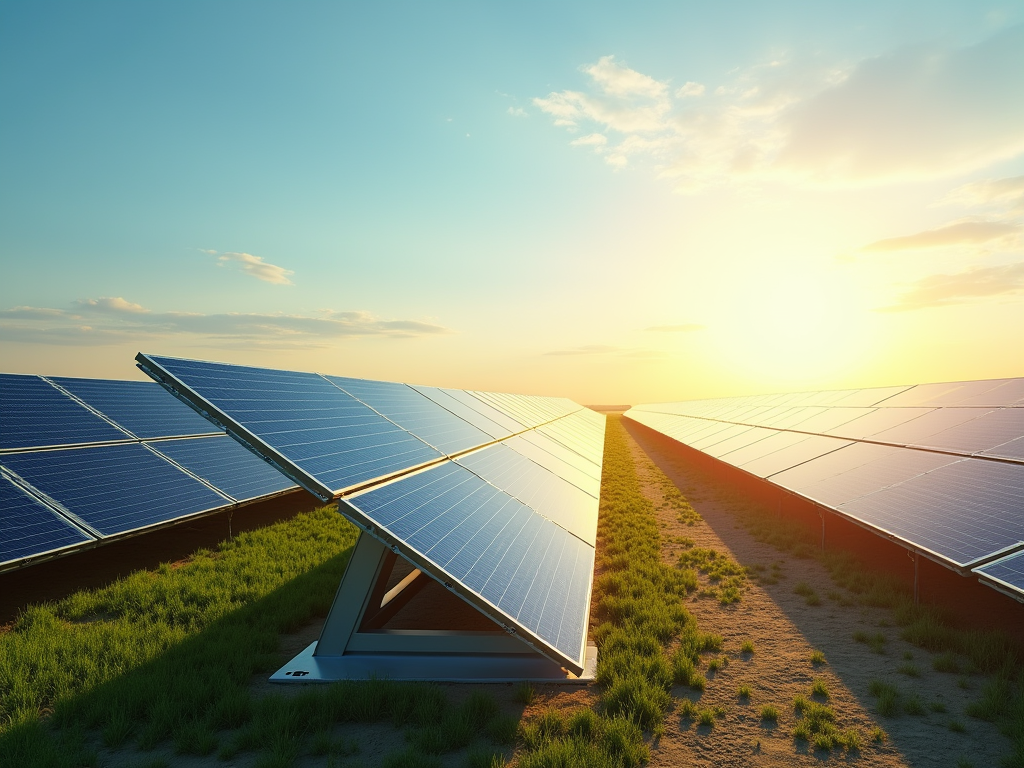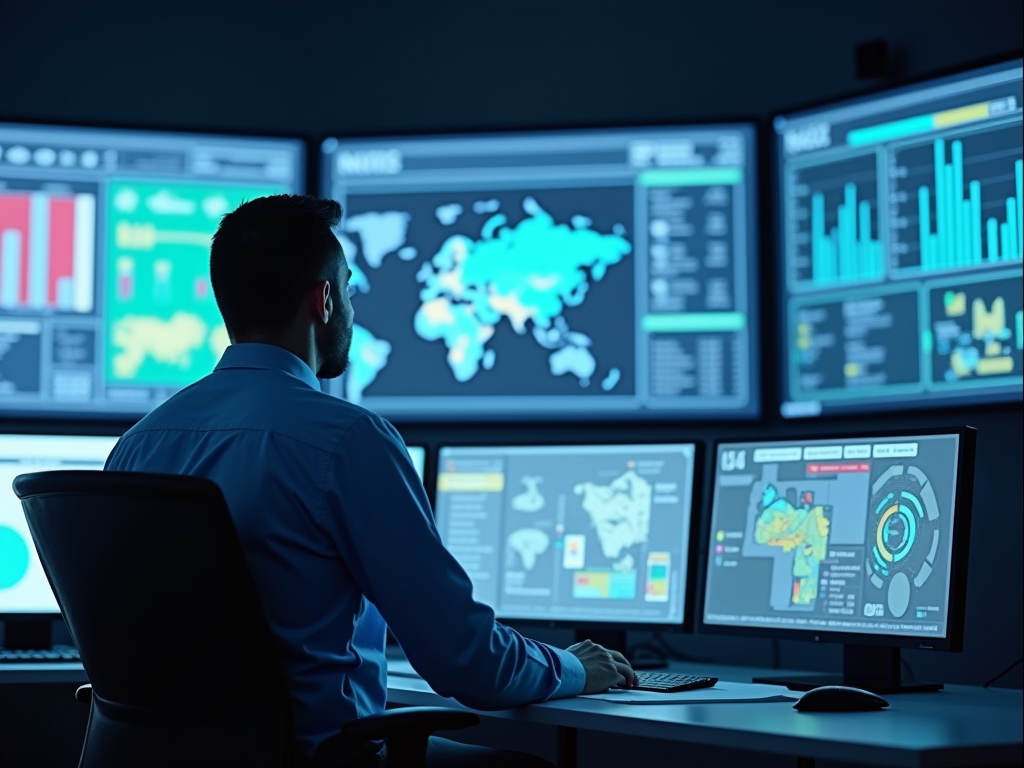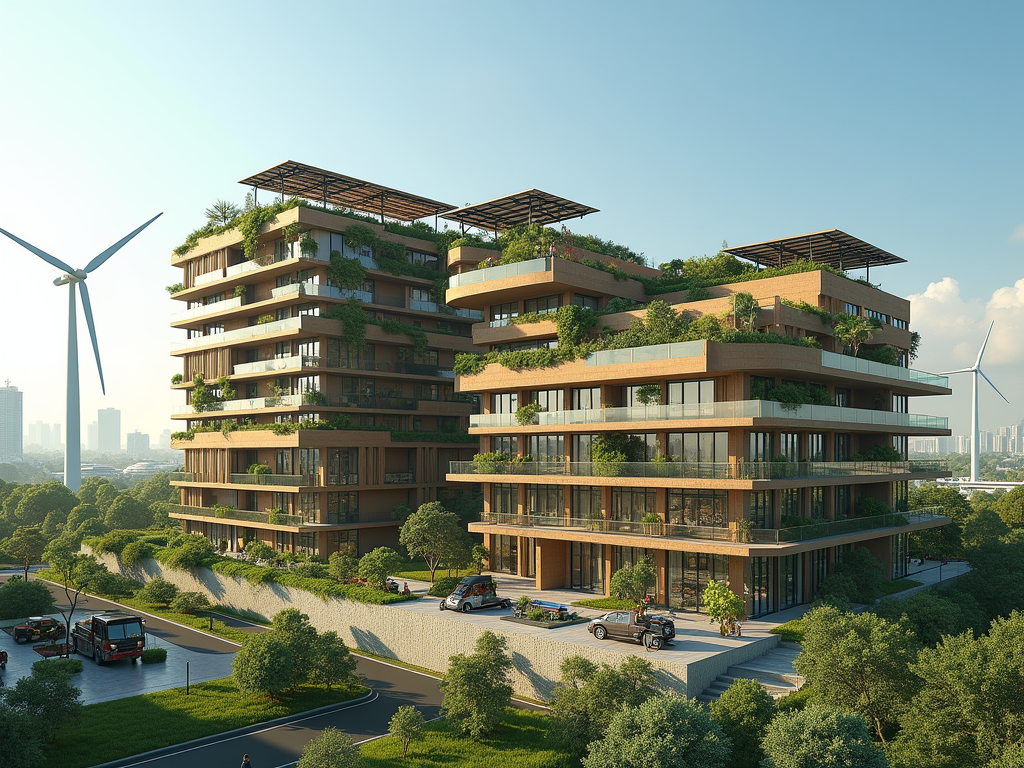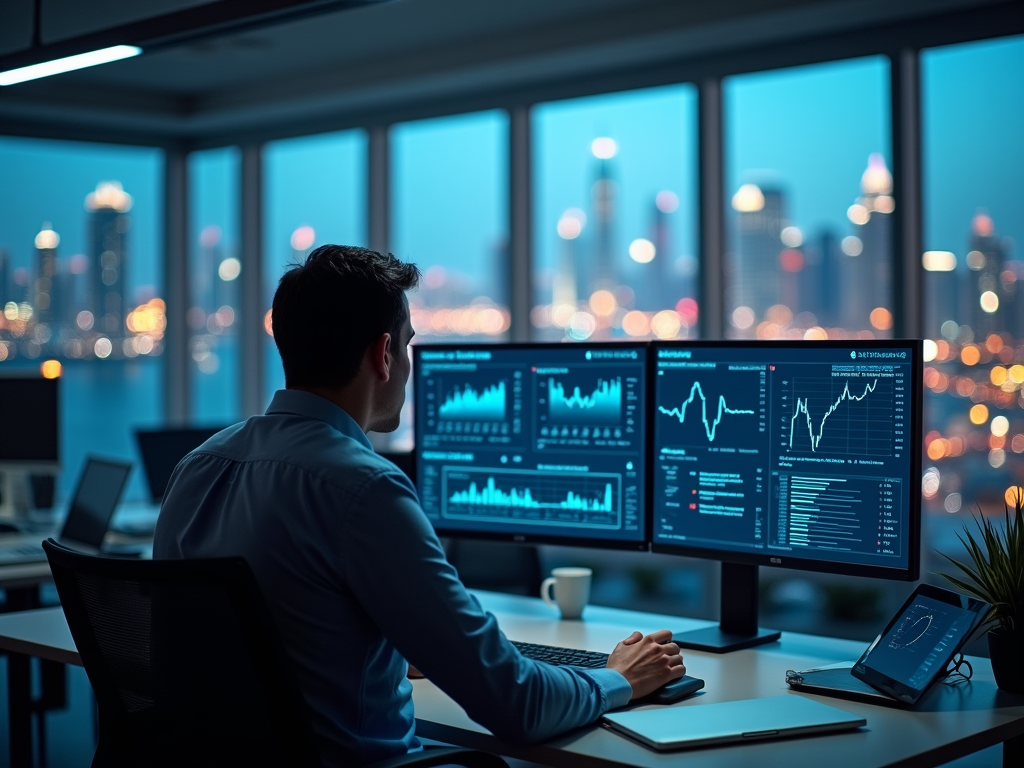
As Dubai positions itself as a global leader in sustainable energy, artificial intelligence (AI) plays a pivotal role in optimizing green energy solutions. From enhancing energy efficiency in buildings to managing smart grids, AI technologies are revolutionizing how solar, wind, and other renewable energy sources are utilized. This article explores how AI is integrated into Dubai’s green energy initiatives, highlighting its impact on sustainability, efficiency, and innovation.
AI-Driven Energy Management Systems

One of the most significant contributions of AI to Dubai’s green energy landscape is the development of AI-driven energy management systems. These systems utilize machine learning algorithms to analyze energy consumption patterns and weather forecasts, ultimately allowing for improved energy distribution and consumption. The integration of AI enables real-time monitoring and predictive analytics. Key aspects include:
- Energy Optimization: AI effectively balances energy supply and demand by predicting peak usage times and adjusting resources accordingly.
- Load Forecasting: With accurate load predictions, utilities can optimize power generation and reduce reliance on fossil fuels.
- Resource Allocation: AI assists in scheduling renewable energy sources like solar and wind, ensuring maximum efficiency and minimal waste.
By utilizing AI in energy management, Dubai can significantly reduce its carbon footprint while ensuring reliable energy access for its residents and businesses.
Smart Grids and AI

The shift towards smart grids is another area where AI is making waves in Dubai’s green energy strategy. Smart grids leverage AI to enhance operational efficiencies and ensure a resilient energy network. Features of AI in smart grids include:
- Real-time Data Analysis: AI algorithms process vast amounts of data from numerous sensors, enabling immediate insights into grid performance.
- Fault Detection: Machine learning models can predict and detect electrical faults, alerting technicians before problems escalate.
- Integration of Renewables: AI facilitates the seamless integration of renewable energy sources, ensuring stability and reliability in energy supply.
By incorporating AI into smart grid technology, Dubai is moving towards a more resilient and sustainable energy future while promoting energy independence and security.
Dubai’s ambitious solar energy projects, including the Mohammed bin Rashid Al Maktoum Solar Park, are being transformed by AI applications. AI technologies enhance solar energy production through a variety of methods:
- Performance Monitoring: AI continuously monitors solar panels, identifying underperforming units and optimizing overall energy output.
- Predictive Maintenance: AI can predict when maintenance should occur, leading to reduced downtime and improved efficiency of solar installations.
- Resource Allocation: Using weather forecasts, AI can adjust operations to maximize energy production based on expected sunlight availability.
This synergy between AI and solar energy projects contributes significantly to Dubai’s vision of achieving a sustainable energy mix, setting a model for cities worldwide.
The Future of AI in Dubai’s Green Energy Landscape
Looking ahead, AI is expected to play an even more crucial role in shaping Dubai’s green energy solutions. Innovations in AI technologies can support advanced strategies, ensuring that sustainability efforts continuously align with the growing energy demands. Potential developments include:
- Decentralized Energy Solutions: AI will support the growth of microgrids and decentralized energy systems, allowing individuals and communities to generate and manage their energy.
- Enhanced Energy Storage: AI will optimize energy storage technology to efficiently manage energy supply and demand fluctuations.
- Policy and Regulatory Support: Data-driven AI models can help inform regulations and policies that promote renewable energy investments.
As Dubai pursues its ambitious environmental goals, the ongoing integration and evolution of AI in the energy sector will be a critical driver in the city’s transition toward a sustainable future.
Conclusion
AI is fundamentally transforming Dubai’s approach to green energy solutions, driving efficiency, enhancing management systems, and maximizing the potential of renewable resources. By harnessing advanced technologies, Dubai is not only meeting its energy needs but also setting a benchmark for sustainability globally. As the pace of innovation accelerates, the role of AI in facilitating a greener and more sustainable energy landscape will undoubtedly grow, proving essential in the city’s journey towards a more sustainable future.
Frequently Asked Questions
1. How does AI improve energy efficiency in Dubai?
AI enhances energy efficiency in Dubai by optimizing energy management systems, predicting peak usage times, and enabling real-time monitoring of energy consumption patterns.
2. What is a smart grid?
A smart grid is an electricity supply network that uses digital technology and AI to monitor and manage energy flow, improving reliability, and integrating renewable energy sources efficiently.
3. How does AI contribute to solar energy production?
AI improves solar energy production by monitoring performance, predicting maintenance needs, and optimally allocating resources based on weather forecasts.
4. What is the future outlook for AI in Dubai’s energy sector?
The future of AI in Dubai’s energy sector includes developments like decentralized energy solutions, enhanced energy storage, and data-driven policy support to sustain renewable energy investments.
5. Why is Dubai focusing on green energy solutions?
Dubai is prioritizing green energy solutions to reduce its carbon footprint, achieve sustainability goals, and diversify its energy resources, contributing to a cleaner and more resilient environment.


